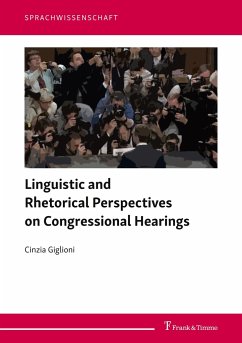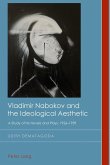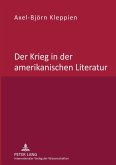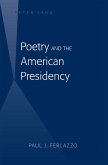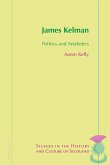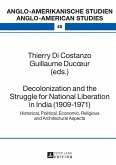Congressional hearings are often the most requested government documents in US libraries. However, among the genres that have been traditionally of interest to political discourse analysts - e.g. political speeches, political interviews, policy documents - hearings have not been of much scrutiny on the part of discourse scholars, an attitude somehow contrasting with the lay public's interest. Cinzia Giglioni takes the opportunity to gain a unique view into the actors, the interested parties, the issues, from a linguistic and rhetorical perspective. Her intent is to provide an in-depth analysis of witnesses' opening statements, which are probably the most salient parts in a congressional hearing. The investigation begins with, but is not constricted by, theoretical aspects, which are integrated with empirical observations and suggestions for critical reading.

